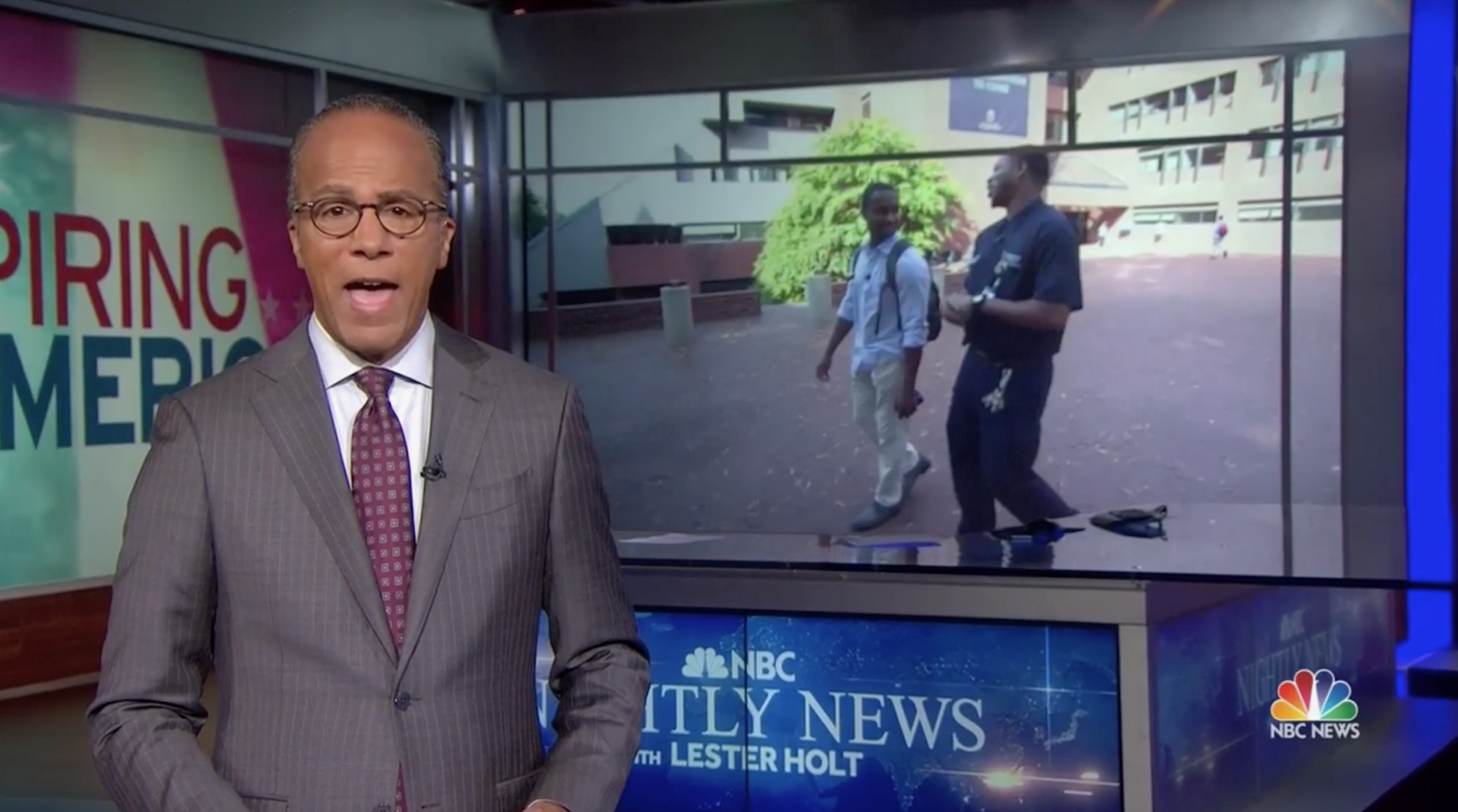Unsung Heroes, an organization founded by Febin Bellamy (MSB ’17), has received significant news attention recently for highlighting the stories of on-campus workers and including them in the Georgetown community. Students, faculty, alumni, and friends of Georgetown have responded with overwhelming support for this organization. People have rallied around crowdfunding efforts, such as one to help Oneil Batchelor start a catering business and another to fund Umberto Ripai Suru’s first trip home to South Sudan in 45 years. Humanizing workers is incredibly important in garnering support across campus, and these efforts are commendable.
However, while Unsung Heroes has inspired people around the country to appreciate workers, the organization can and must do better. Despite marketing itself as “promoting awareness & appreciation for workers on college campuses,” Unsung Heroes has done anything but promote awareness surrounding the day-to-day issues that workers face on campus. Instead, it focuses on mere sound bites that garner clicks. Sharing only feel-good stories without sharing the conditions workers face daily promotes neither awareness nor appreciation; it only furthers willful ignorance. Unsung Heroes fails to truly appreciate the needs of workers, because the organization prioritizes its relationships with Georgetown University’s management and administrators.
Facilities workers just completed collective bargaining negotiations that have received little media coverage beyond the on-campus actions of workers and students, including the Oct. 24 march to present a petition to Georgetown President John J. DeGioia, where workers delivered speeches and led chants. In order to truly promote awareness about workers, Unsung Heroes must give voice to the issues that workers face every day, and the organization must show solidarity with workers as they face a new contract with Georgetown administrators.
What Unsung Heroes does not publish is the routine disrespect and mistreatment Georgetown workers face by their management. The Department of Planning and Facilities Management, headed by Vice President Robin Morey—who is integral in providing Unsung Heroes access for stories—has not hired any new staff for the three new buildings that have opened in the past two years. He has instead chosen to spread out the additional work over an already understaffed department. In recently completed negotiations for a new contract, management barely budged on offering a 2 percent annual raise, despite health care premiums rising by 6 percent annually, and parking costs increasing. Spanish-speaking workers are routinely excluded from negotiations because the university refuses to provide forms of language access. These are the conditions that workers face every day on our campus. This is what needs to be brought to the forefront by students ostensibly advocating alongside workers.
Unsung Heroes has time and again refused to advocate for the conditions workers face; the organization only posts their stories for consumption on social media. Rather than using its platform to advocate for workers, Unsung Heroes chooses to privilege its relationships with the management and administration that gives the organization access to workers. It says that workers benefit from the visibility provided. Unsung Heroes prefers to remain on good terms with the very people who mistreat and underpay workers instead of advocating for the workers themselves, failing to understand that awareness does not equal advocacy.
Sharing the stories of facilities workers do not cause marked improvements to their lives. The visibility that Unsung Heroes provides does not change the fact that Georgetown management bullies workers and refuses their common-sense demands. Despite their own outspoken organizing, workers have not gained much in these negotiations in the past few months, even as Unsung Heroes continues to grow. In news stories and publications, Unsung Heroes de-centers the workers’ narratives in favor of its own start-up pitch. In some posts, Unsung Heroes initially did not even refer to workers by their correct names. While Unsung Heroes continues its rise to prominence, workers remain hung out to dry by both the Georgetown administration and Unsung Heroes.
In order for Unsung Heroes—and its supporters—to truly promote awareness for workers, posts must go beyond the limited feel-good stories on social media. The organization must connect with workers on a personal, day-to-day basis—not just in the 30-minute interviews that are only coordinated with the help of the very management that disrespects their workers—and truly listen to their needs. Unsung Heroes cannot posture as if it cares about workers and then ignore them when they request support in their demands for respect in the workplace.
It’s important to share and amplify workers’ stories. It’s even more important that Unsung Hoyas use its power and its platform to help workers shape their own stories.
Daniel Zager is a junior in the College and a member of Georgetown Solidarity Committee.







